Mathematics & Computer Science
Colleges and Programs of Study
Preparing students for careers that blend intuition, formalism, and logic.
Mathematics
West Virginia Wesleyan mathematics graduates will be able to:
+Communicate mathematics clearly both in written and oral forms.
+Correctly solve a wide variety of problems using both basic mathematics skills and advanced mathematical techniques.
+Demonstrate an effective use of technology, especially computer algebra systems, as an aid to solving problems.
+Reason and think in abstract terms, construct correct and coherent proofs, and recognize valid mathematical arguments.
Computer Science
Wesleyan computer science graduates will be able to:
+ Discuss The Significant Events In The History Of The Development Of Computers
+ Set Up And Install Hardware And Peripherals
+ Demonstrate How To Use Current Operating Systems/Shells/Guis And Utilities
+ Discuss Ethical And Legal Responsibilities Of Computer Professionals And The Privacy Issue
+ Demonstrate Programming Proficiency In A High-level Language
+ Demonstrate Knowledge Of A Low-level Language That Reflects The Architecture Of A Microprocessor
+ Set Up The Hardware, Install Software, And Maintain A Local Area Computer Network And Access Wide-area Networks
+ Help Non-technical Users Operate Computers And Run Software


-
SURE Grant
SURE & Maier Summer Research Program- Application due March 14 (click for application)!
Do you want to be involved in a long-term research project that has the potential to transform the way you think about science and your future career as a researcher?
West Virginia Wesleyan College is excited to host the Summer Undergraduate Research Experience (SURE) and Maier research programs during summer 2023 to offer extended research experiences in the STEM areas (science, technology, engineering, and math). The SURE program will run for 8 weeks between May-July and is available to students from WVWC and other institutions around the state. Students will earn a stipend of $3,500 with free on-campus housing. Students will also be required to present their research at a state or regional scientific meeting (travel funds available).
Interested? Apply!
- Consult the list of faculty involved below.
- Have a discussion with the faculty member of interest to see what projects they will be working on.
- Submit the application which will include a personal statement and unofficial transcripts.
- Application deadline is Tuesday, March 14. Successful applicants will be notified by the end of March.
Participating Faculty
Dr. Bruce Anthony
Dr. Kim Bjorgo-Thorne
Dr. Tracey Delaney
Dr. Caleb Gibson
Dr. Kathy Gregg
Dr. Joseph Niederhauser
Dr. Jesse Oldroyd
Dr. Melanie Sal
Dr. Joseph Wiest
Pamela Wovchko, Department Chair, Professor
B.S., West Virginia Wesleyan College
M.S., West Virginia University
Ph.D., University of Northern Colorado
Instruction: Mathematics
Email: wovchko_p@gabonmagazine.com
Phone: 304-473-8310
John Epler, Assistant Professor of Mathematics
Instruction: Mathematics
Email: epler@gabonmagazine.com
Gretchen H. Lynn, Professor Emerita
B.S., Concord College
M.S., University of Tennessee, Knoxville
Ph.D., University of Pittsburgh
Instruction: Computer Science
Email: lynn@gabonmagazine.com
Jesse Oldroyd, Associate Professor
B.S., University of Alaska, Anchorage
M.S., Ph.D., University of Idaho
Instruction: Mathematics
Email: oldroyd.j@gabonmagazine.com
Phone: 304-473-8339
Research: Applied harmonic analysis with focus on frame theory, Approximation theory, and Random matrices.
Don Tobin, Assistant Professor
B.S., University of Texas at Arlington
M.S., Boston University
Instruction: Computer Science
Email: tobin.d@gabonmagazine.com
-
Mathematics – B.S.
Students will:
- Students will demonstrate effective oral communication of mathematics.
- Students will analyze a given problem or situation using appropriate problem solving techniques.
- Students will demonstrate the ability to select and research a topic or problem and prepare a series of detailed written reports on that topic.
- Students will demonstrate an effective use of technology, especially computer algebra systems, as an aid to solving problems.
-
Mathematics Education (5-Adult) – B.A.
-
Computer Science – B.S.
Students will:
- Students will be able to apply critical thinking to analyze a problem and develop a suitable solution utilizing the computer as a tool.
- Students will demonstrate a fundamental knowledge of computers systems including both hardware and software.
- Students will work on a non-trivial project to utilize their computing skills.
- Students will demonstrate proficiency in high-level programming skills.
- Students will make effective presentations in face-to-face, written and electronic communications.
-
Computer Information Science – B.S.
Students will:
- Students will be able to apply critical thinking to analyze a problem and develop a suitable solution utilizing the computer as a tool.
- Students will demonstrate a fundamental knowledge of computers systems including both hardware and software.
- Students will work on a non-trivial project to utilize their computing skills.
- Students will demonstrate proficiency in high-level programming skills.
- Students will make effective presentations in face-to-face, written and electronic communications.
-
Mathematics
Students will:
- Students will demonstrate effective oral communication of mathematics.
- Students will analyze a given problem or situation using appropriate problem solving techniques.
- Students will demonstrate the ability to select and research a topic or problem and prepare a series of detailed written reports on that topic.
- Students will demonstrate an effective use of technology, especially computer algebra systems, as an aid to solving problems.
-
Computer Science
Students will:
- Students will be able to apply critical thinking to analyze a problem and develop a suitable solution utilizing the computer as a tool.
- Students will demonstrate a fundamental knowledge of computers systems including both hardware and software.
- Students will work on a non-trivial project to utilize their computing skills.
- Students will demonstrate proficiency in high-level programming skills.
- Students will make effective presentations in face-to-face, written and electronic communications.
Programs of Study
-
Art and Design

-
Biology & Environmental Science

-
Business

-
Chemistry & Biochemistry

-
Communication & Media

-
Education
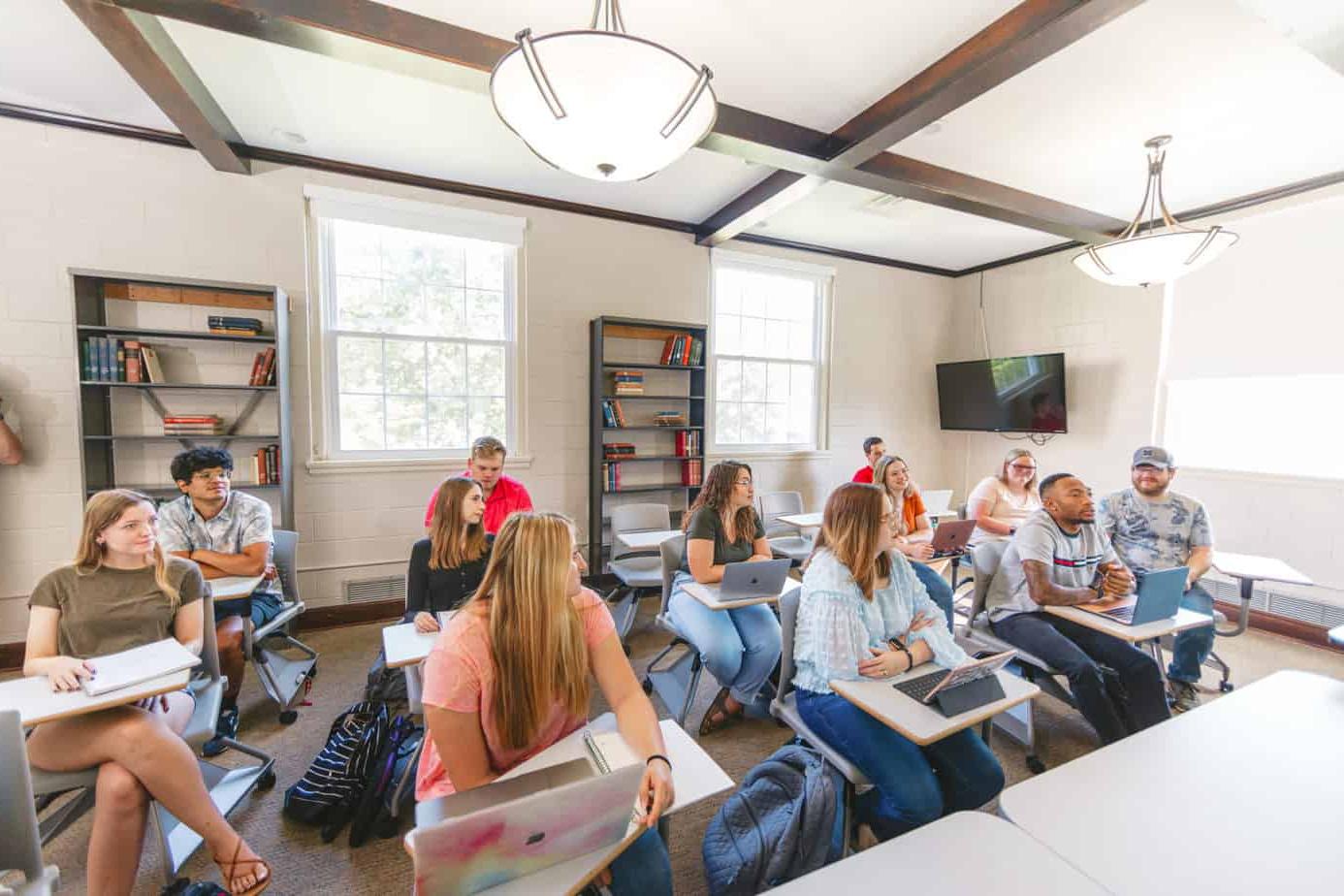
-
English

-
Exercise Science & Athletic Training
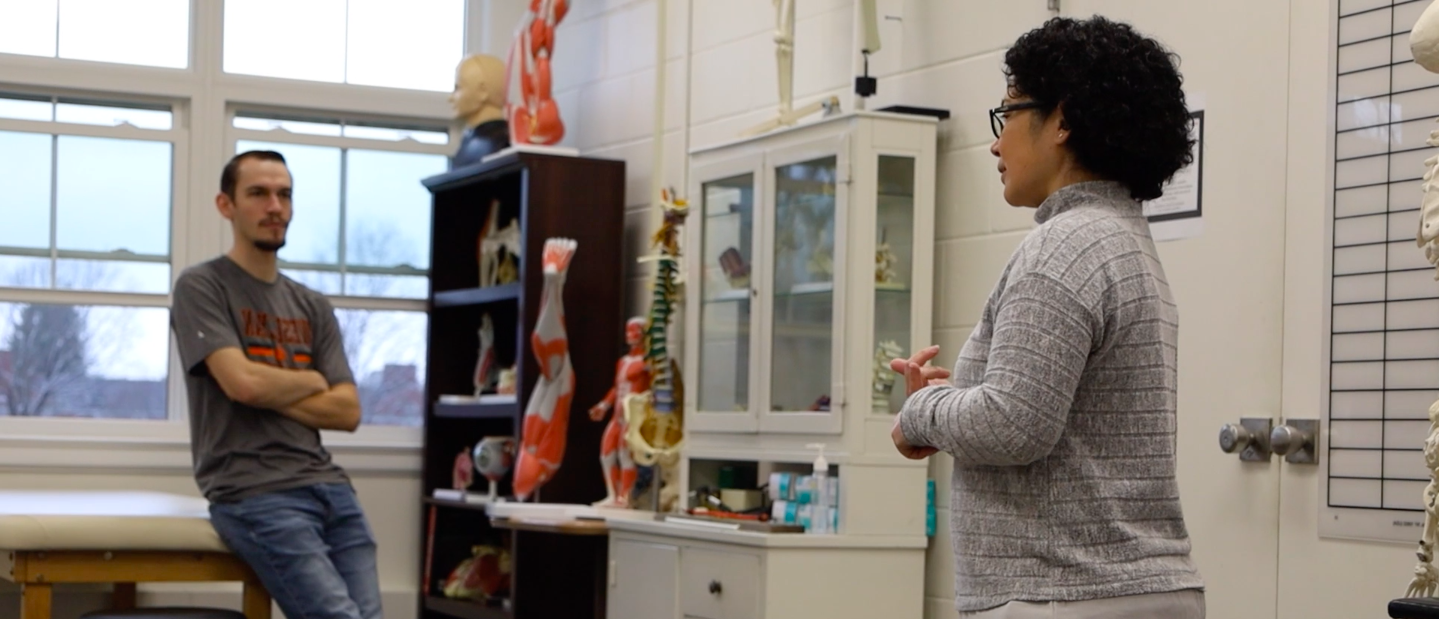
-
Health Sciences
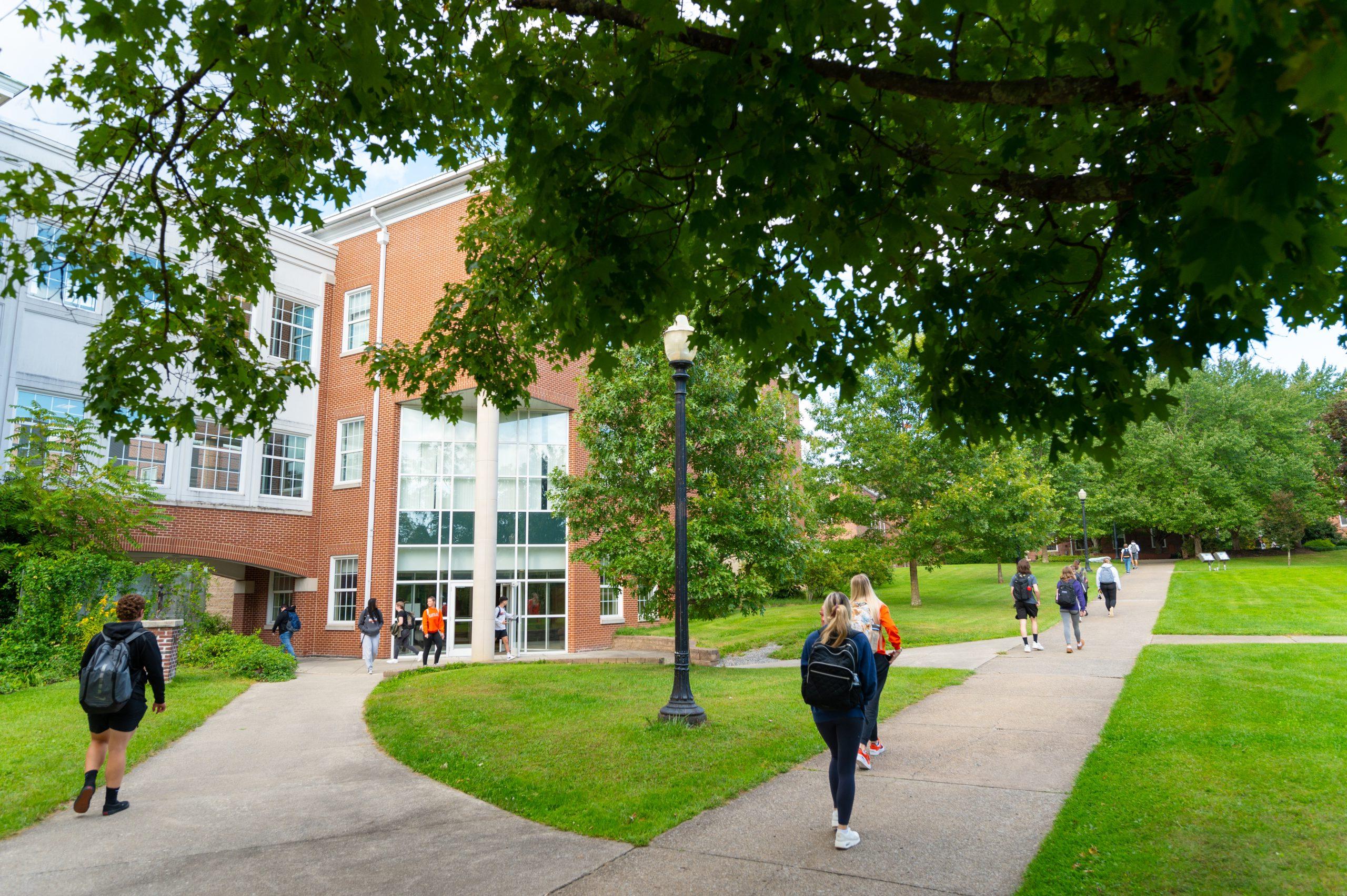
-
History and International Studies

-
Mathematics & Computer Science

-
Music
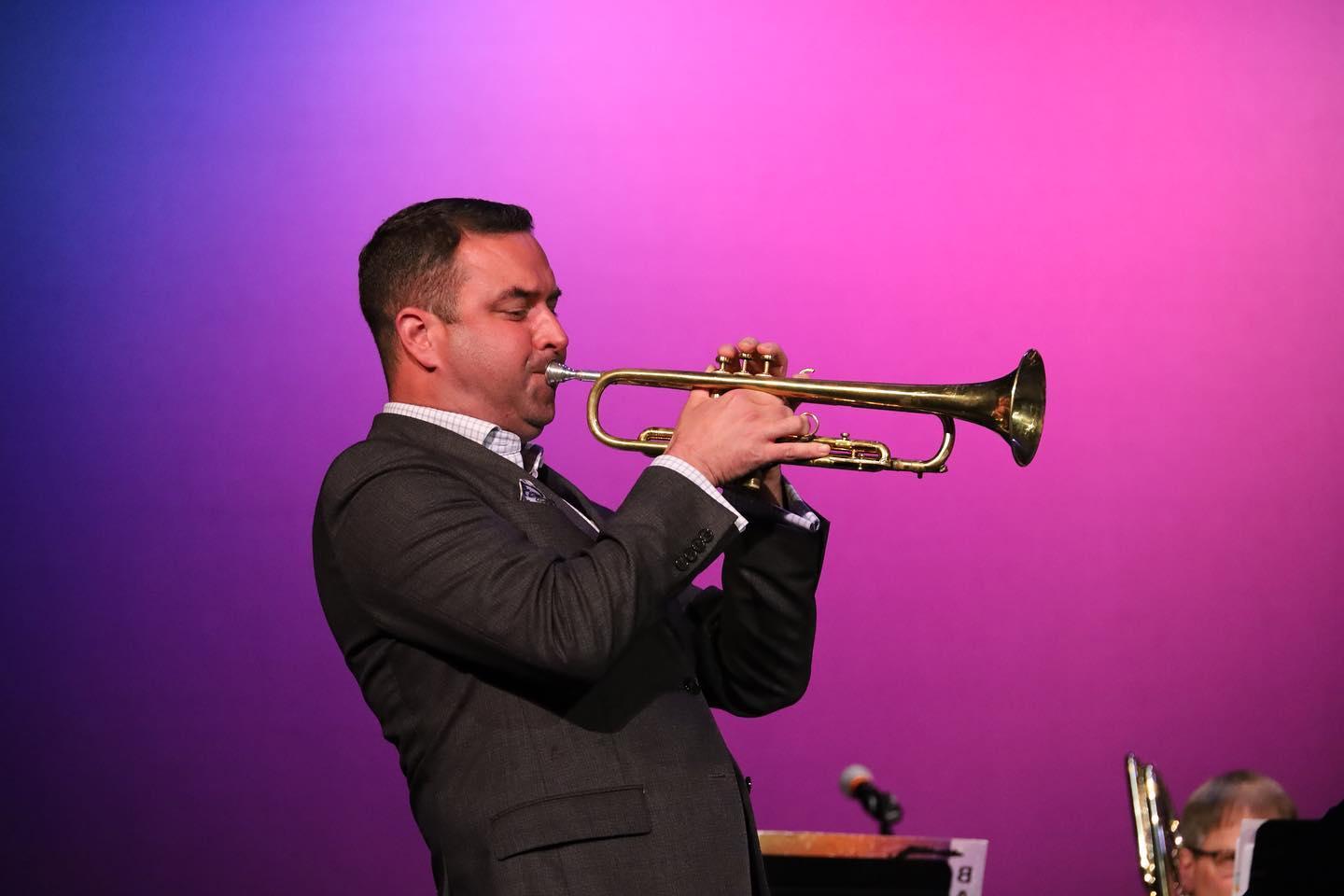
-
Nursing

-
Philosophy and Religious Studies
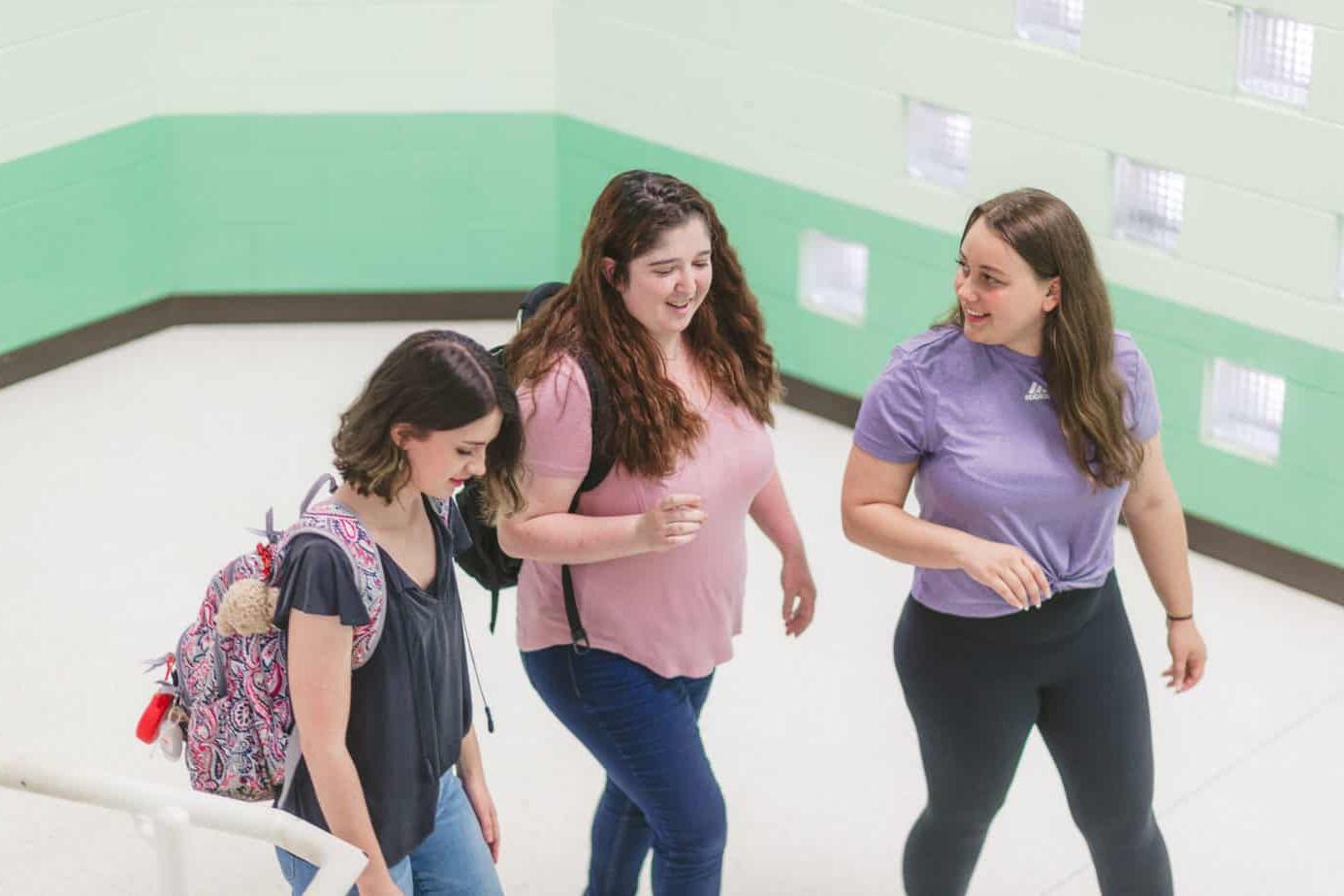
-
Physics & Engineering
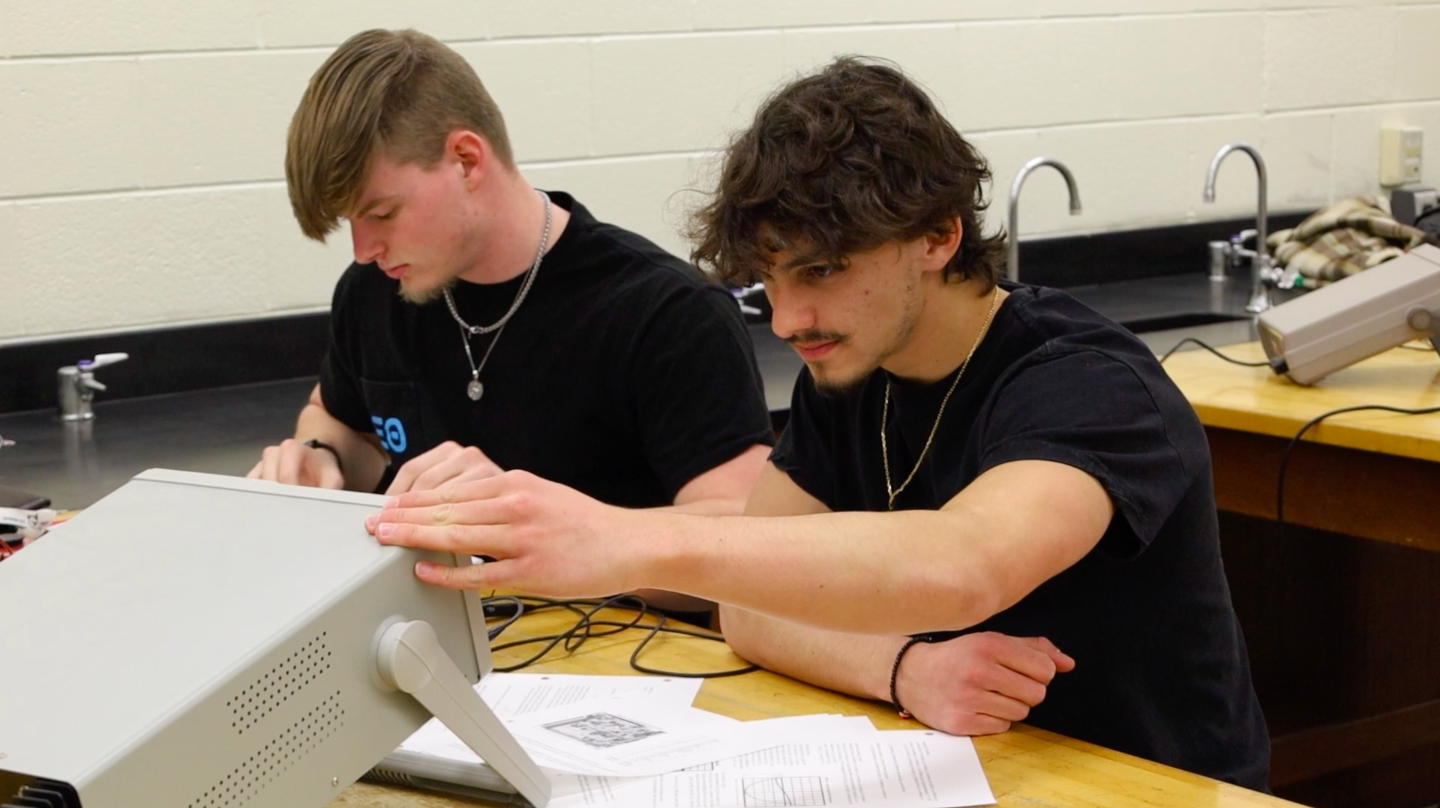
-
Psychology
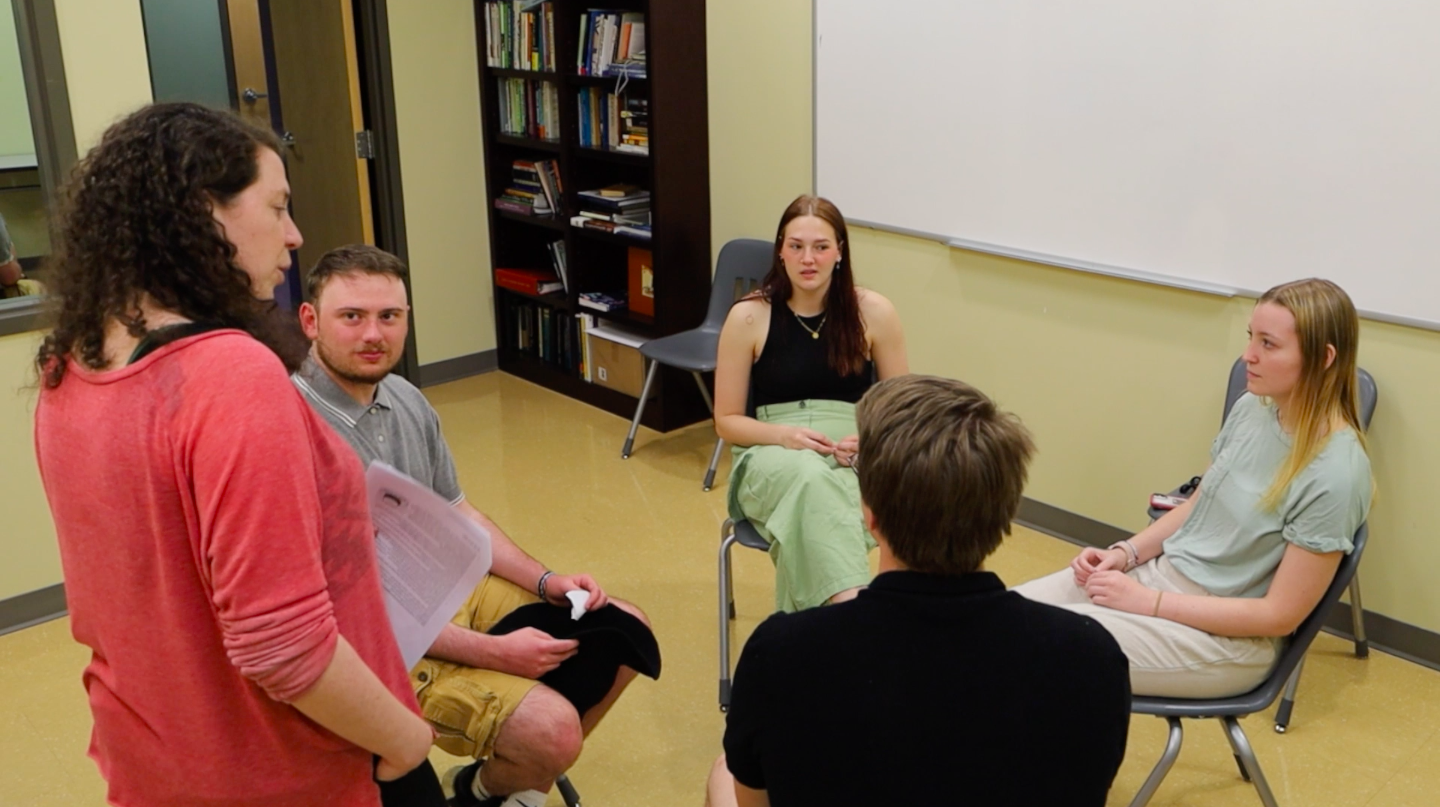
-
Social Sciences
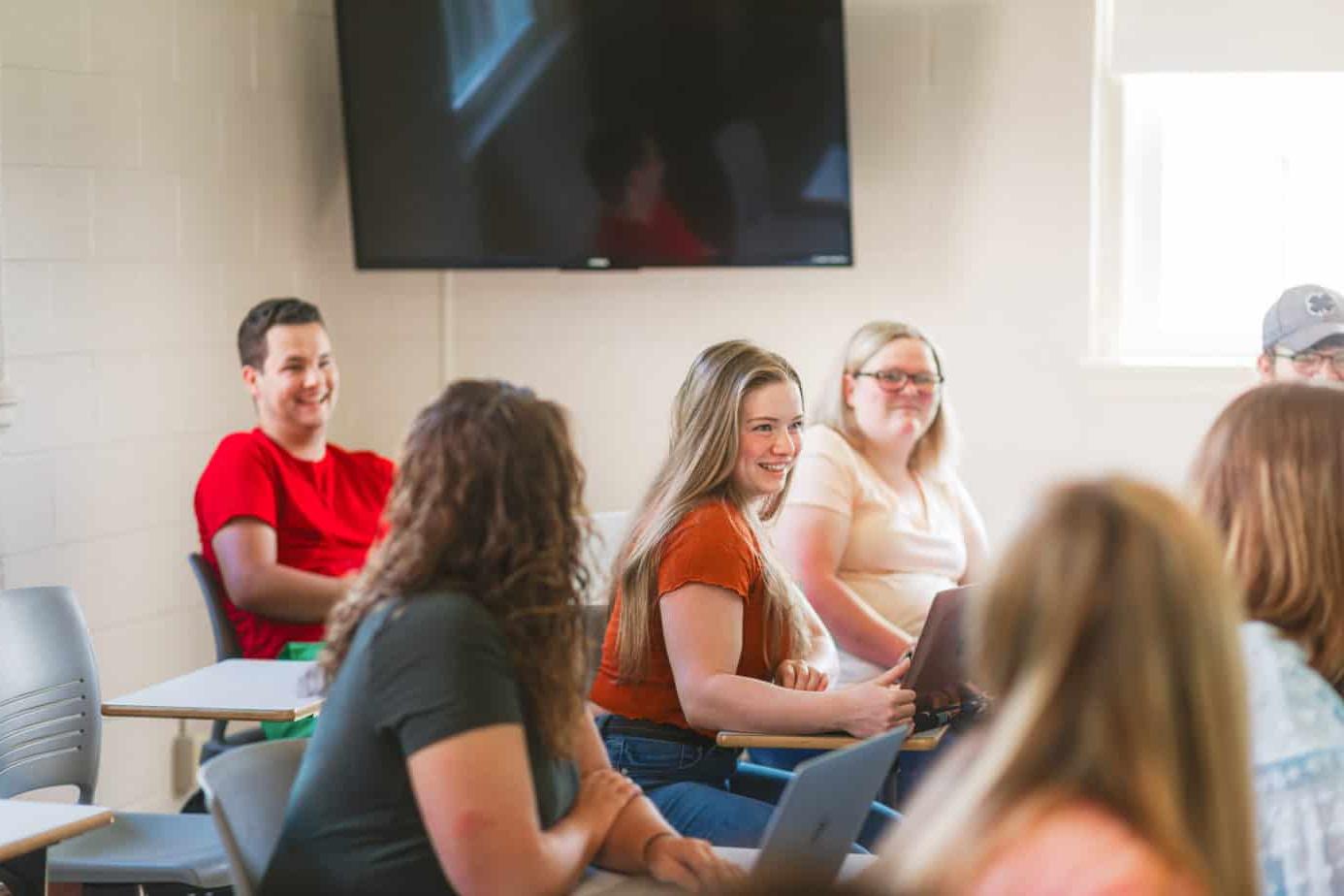
-
Theatre and Dance Department


